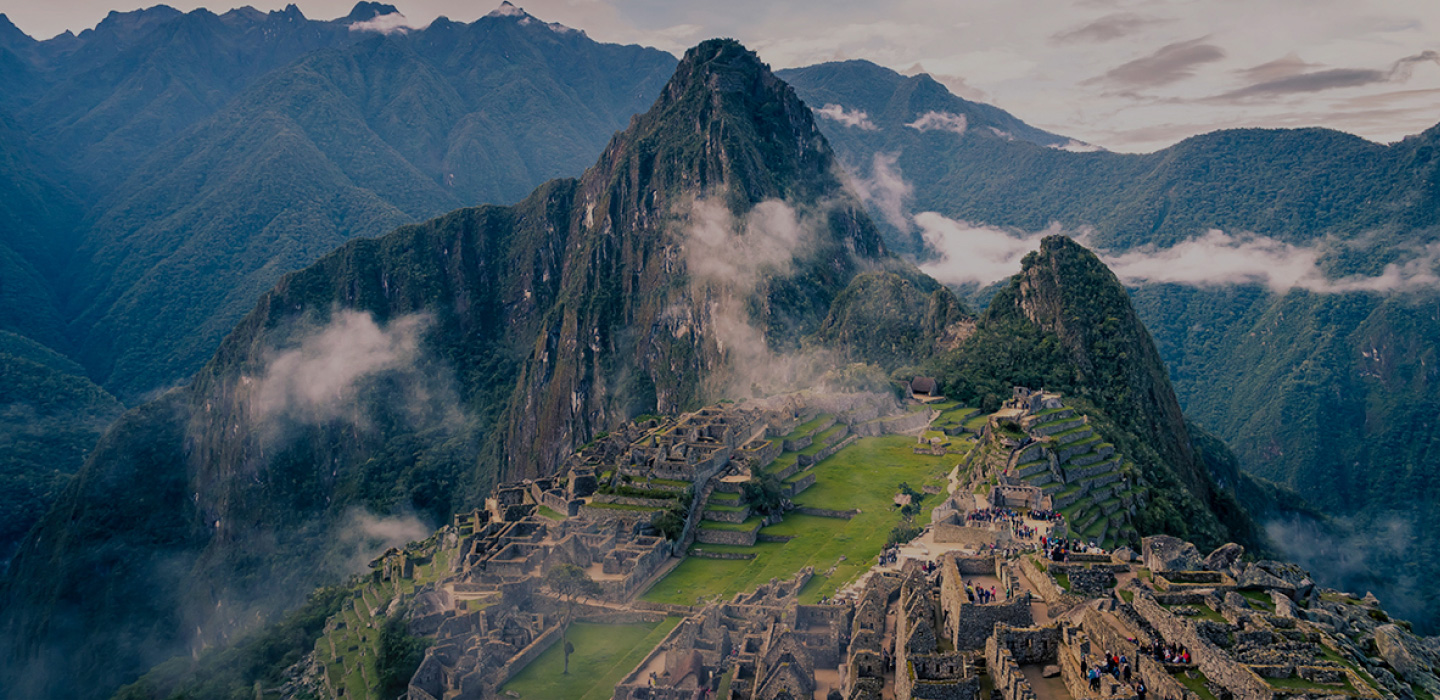Welcome to the world of Travel Quiz!
Want fun, challenging travel quizzes (like these below) emailed directly to you? Subscribe now!
General
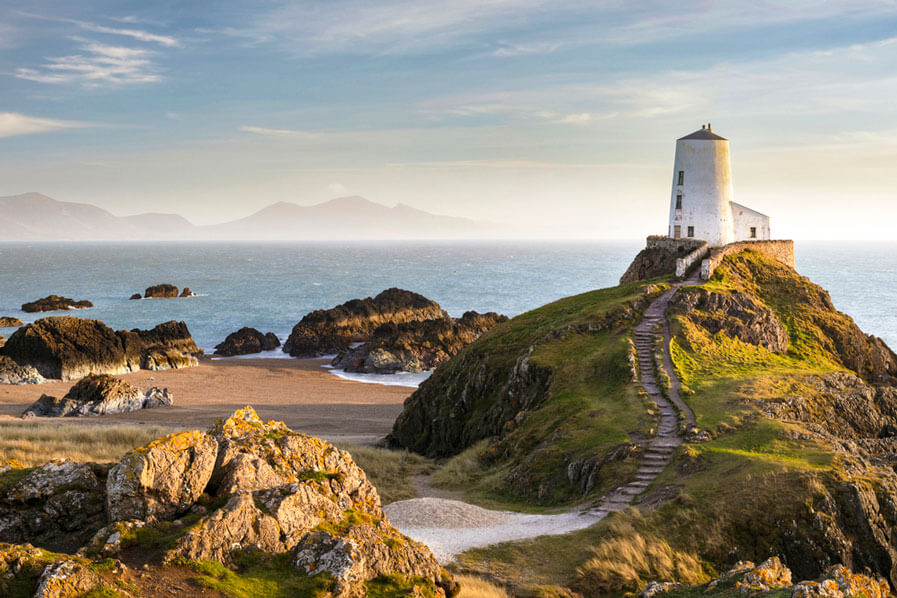
20 Questions
Speak Like a Local in This Quiz on Rare Languages Around the World
Arts & Culture
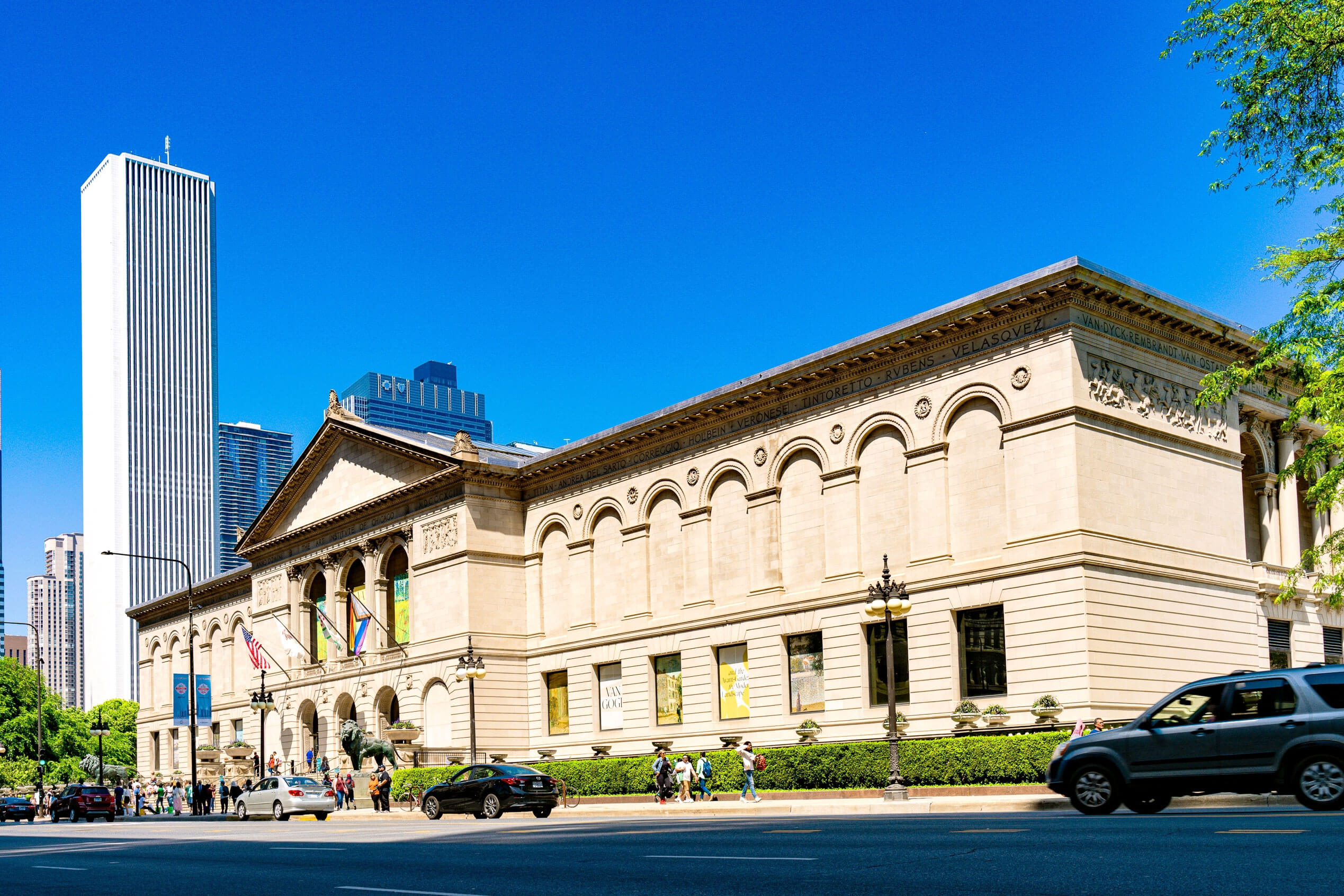
31 Questions
Can You Ace This Quiz on Movie Filming Locations in One Take?
History
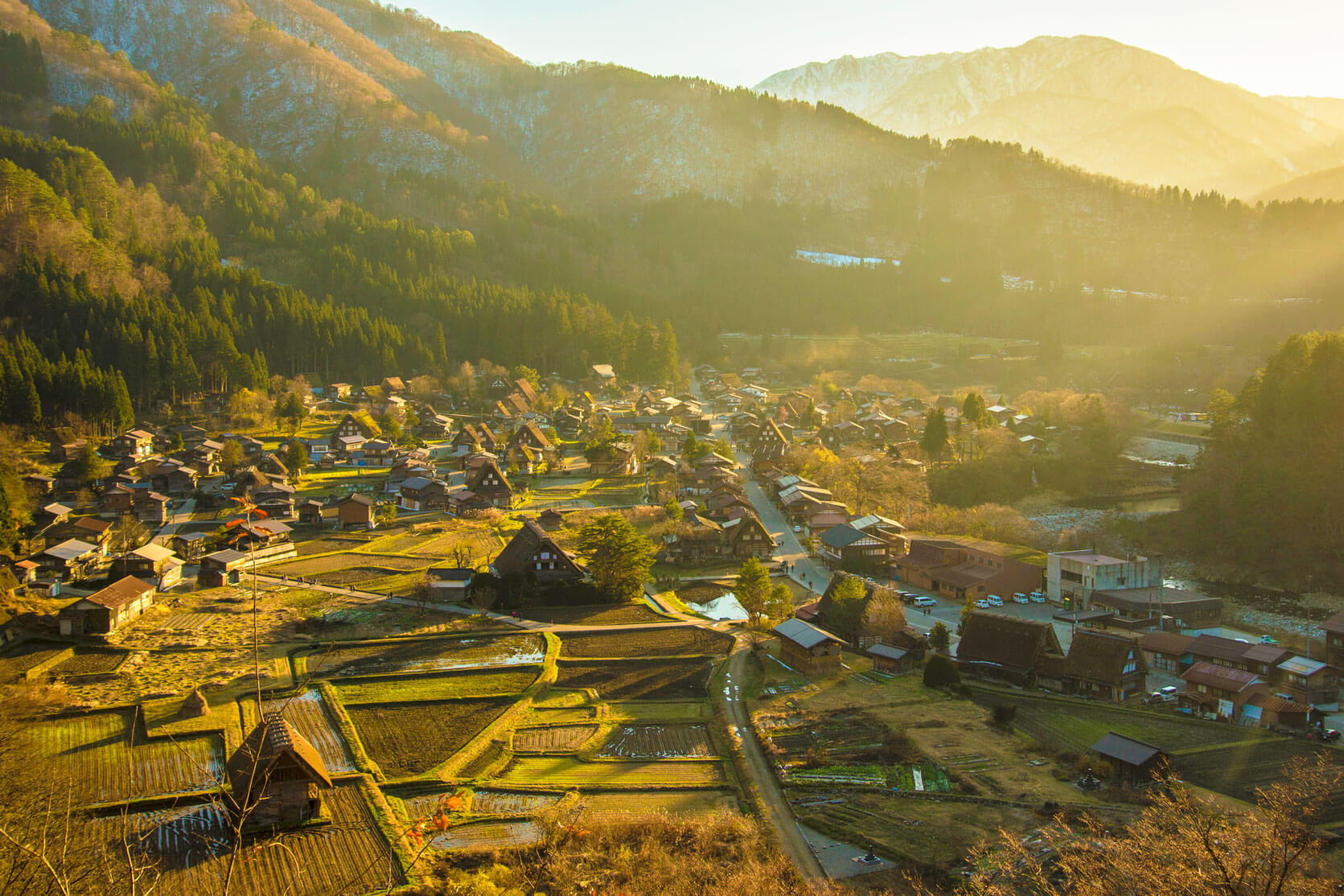
10 Questions
Can You Recall the Former Names of These World Cities?
Landmarks
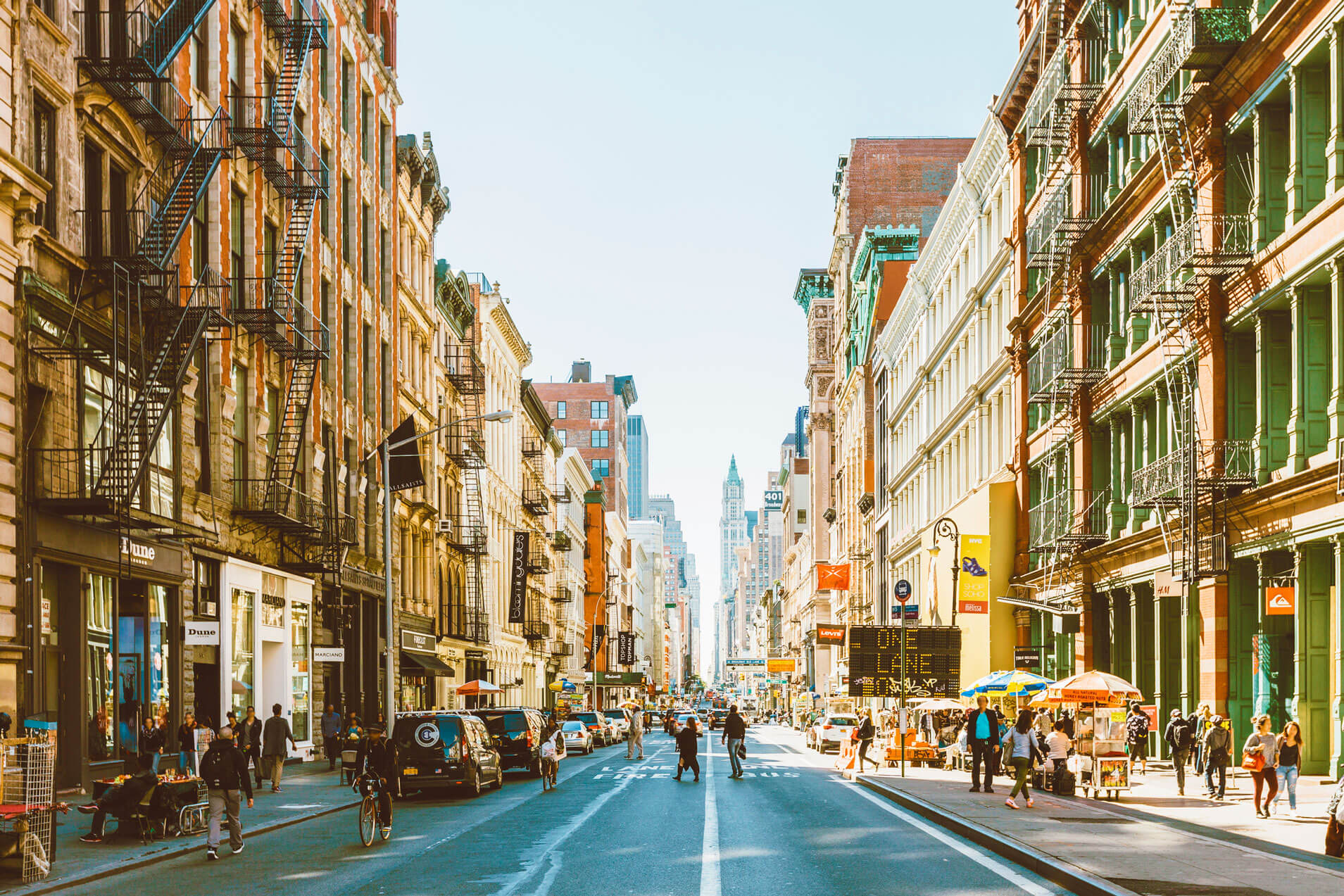
20 Questions
Hit the Road With This Quiz on Famous Streets and Avenues
General
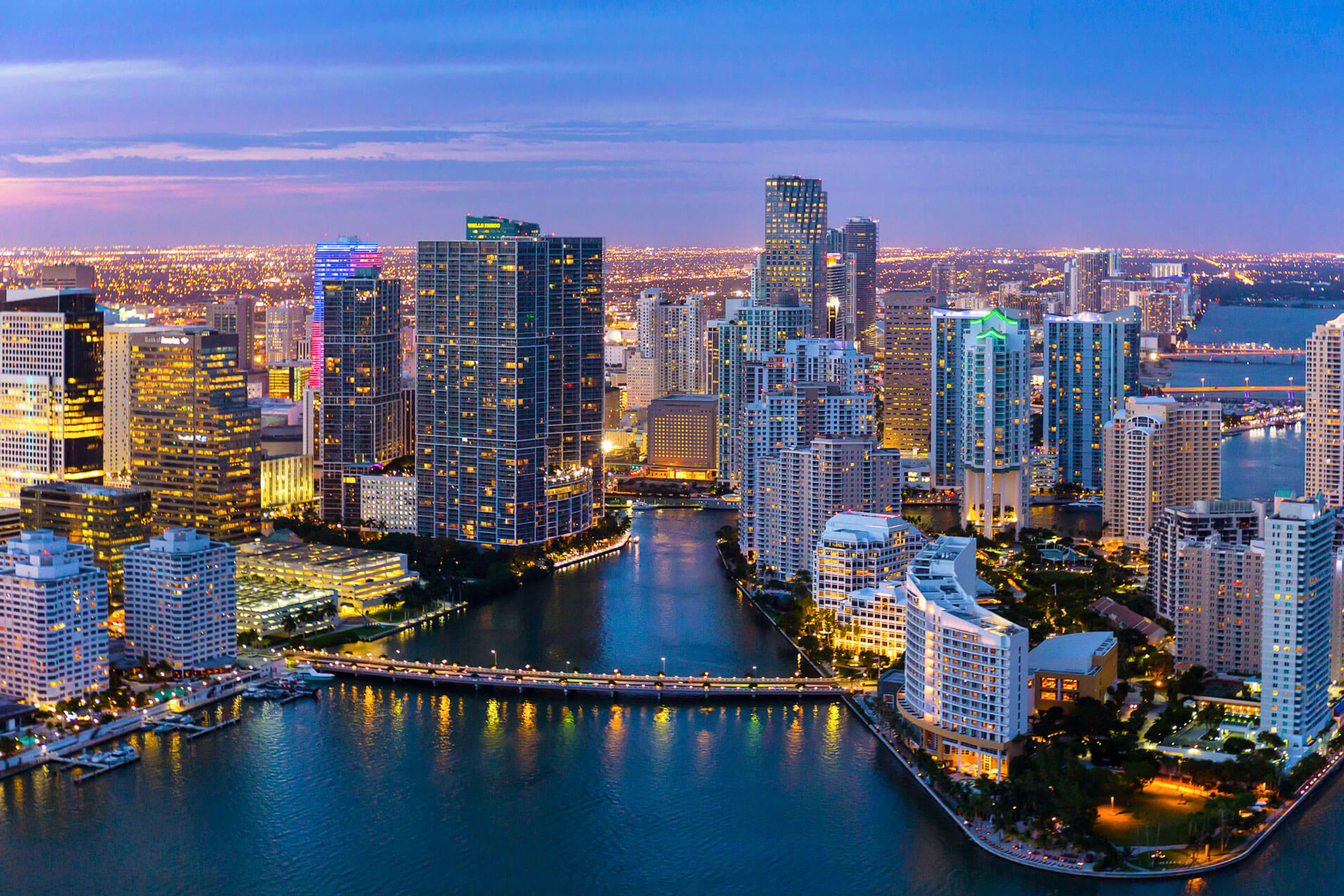
20 Questions
From Tampa to Tallahassee, See How Much You Know About Florida
General

20 Questions
From Adams to Zhang, Here’s a Quiz on Last Names Around the World
Food & Drink
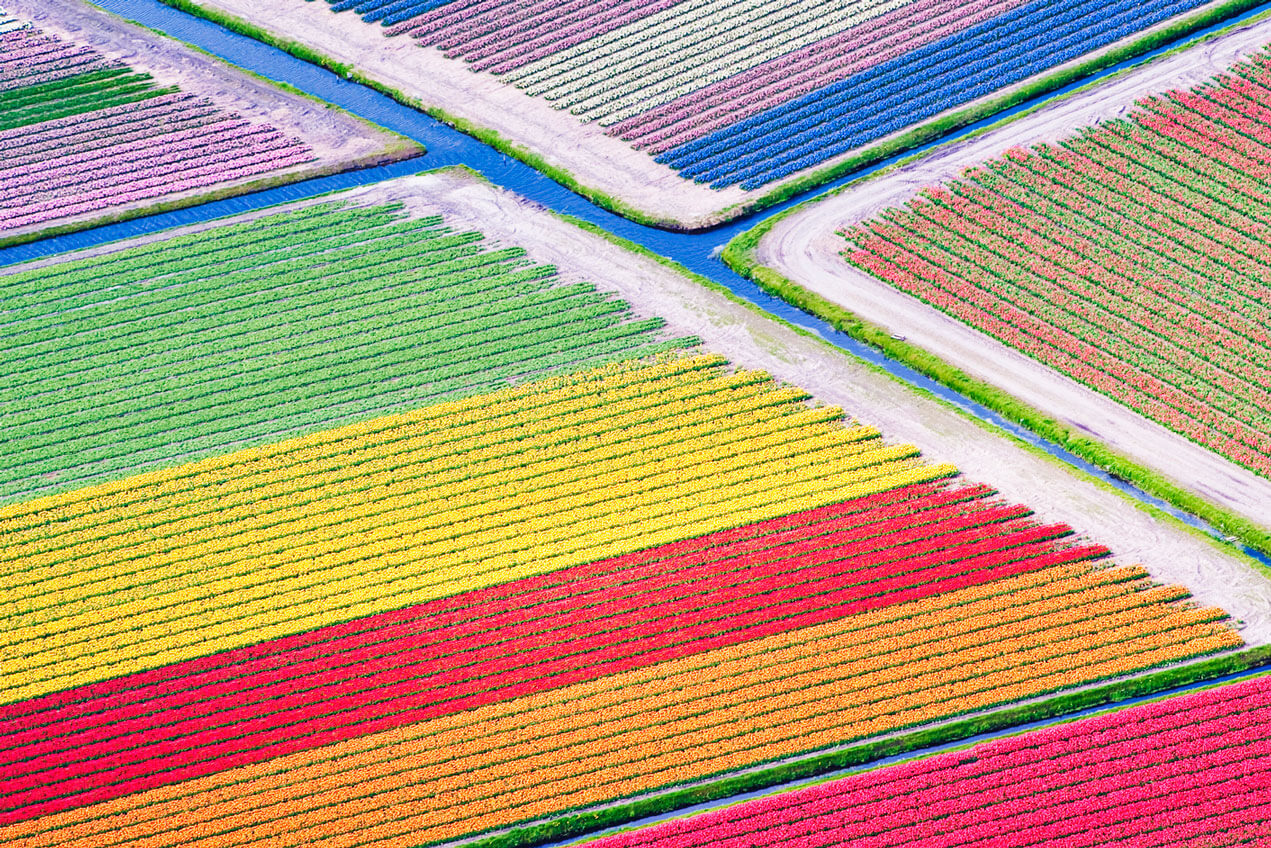
21 Questions
Do You Know What These Foods Are Called Abroad?
General
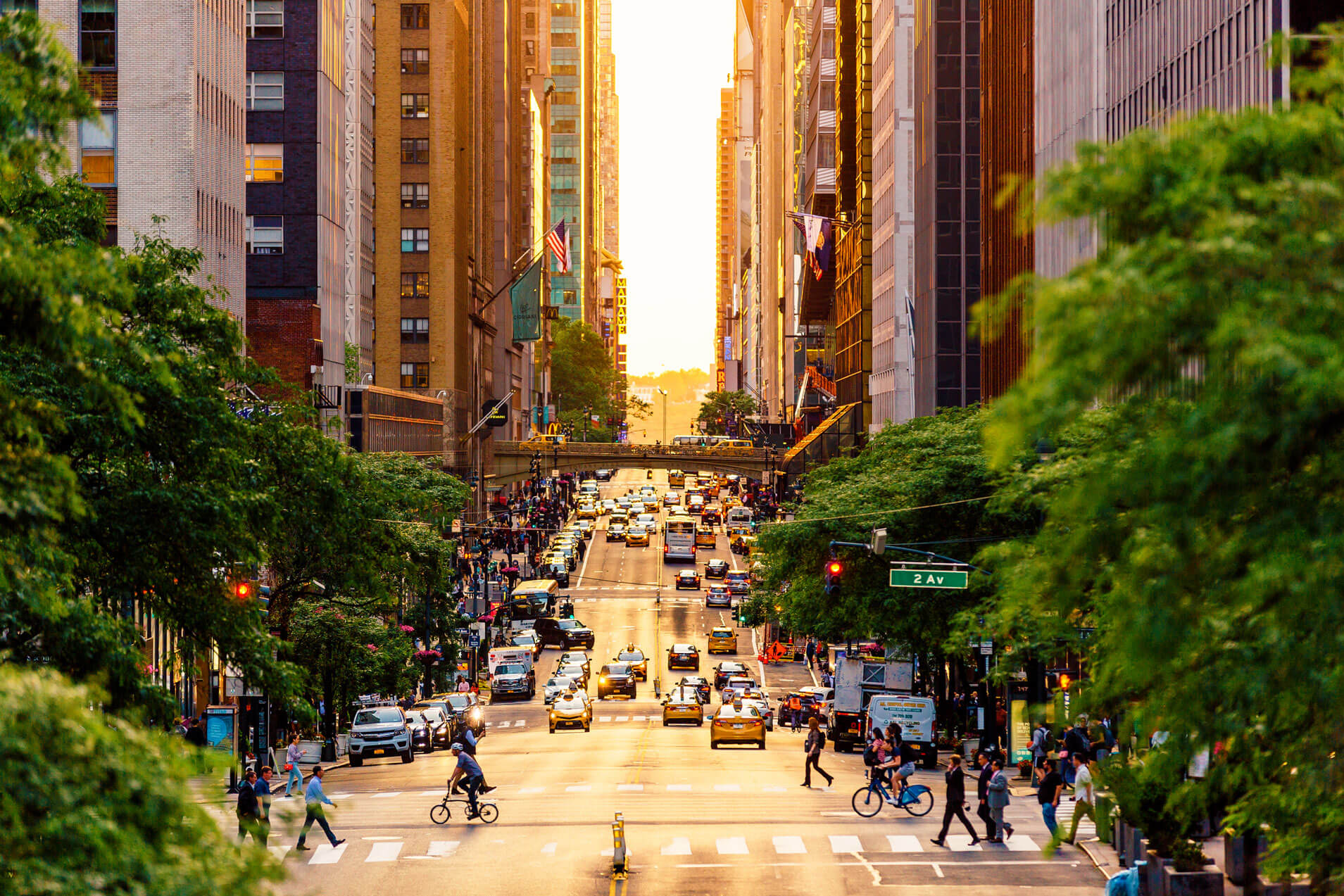
21 Questions
Visit the Big Apple With This NYC Quiz
Geography

20 Questions
Prove Your Expertise in Asian Geography
Nature

10 Questions
Visit America’s First National Park With This Yellowstone Quiz
Arts & Culture
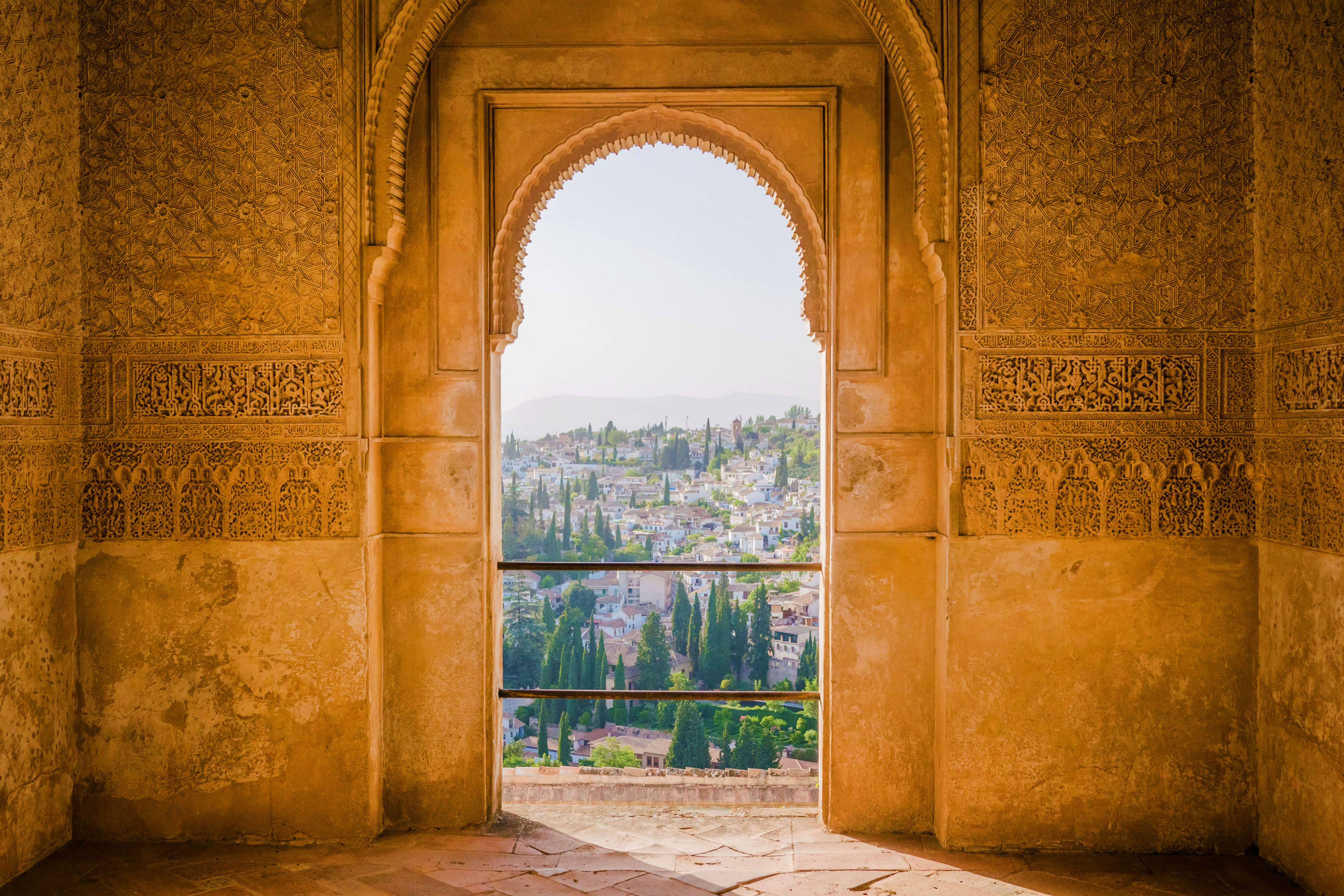
10 Questions
Celebrate Good Times With This Unique Festivals Quiz
Nature

21 Questions
Ski Right Through This Quiz on U.S. Lakes
History
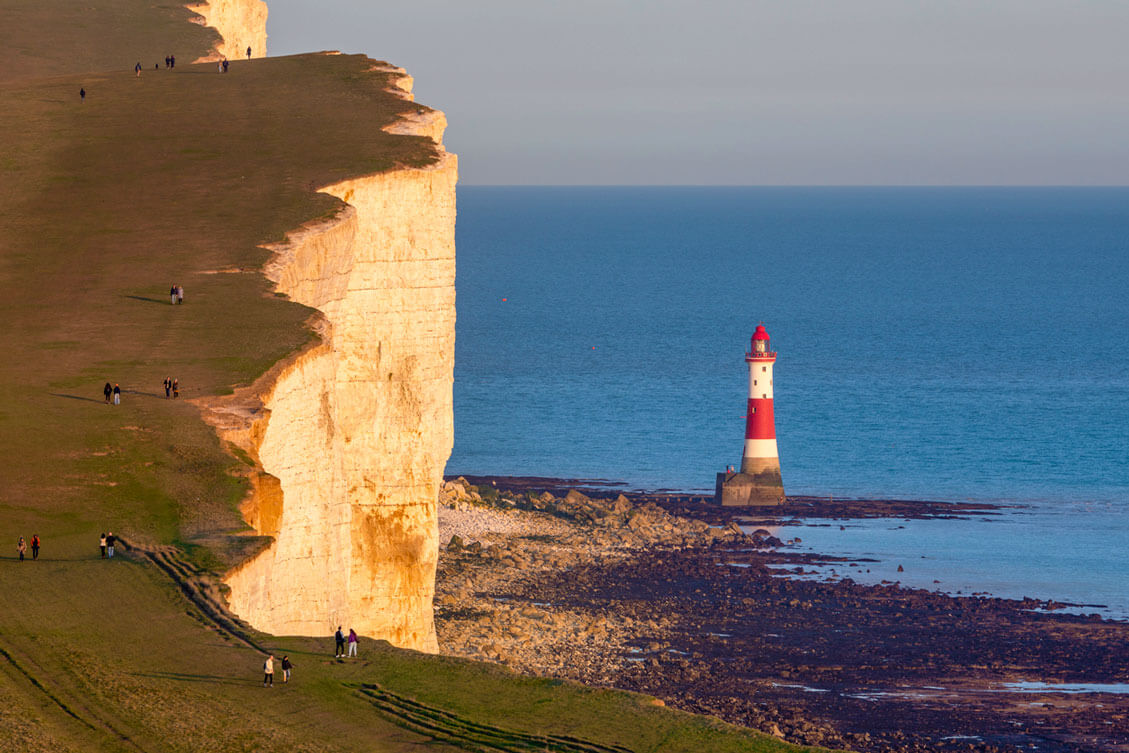
10 Questions
Embark on a Quiz About Famous Solo Journeys in History
Whether you’re an armchair tourist or a jetsetter IRL, Travel Quiz delivers globe-spanning trivia challenges and daily destinations to spark your wanderlust. With each quiz, earn points as you grow and test your knowledge — and daydream about your next adventure.

Test your knowledge and earn badges along the way!
Check your progress from your Dashboard
